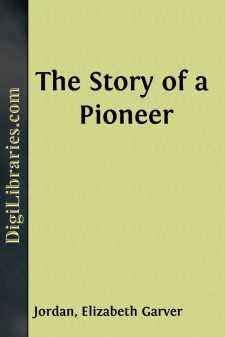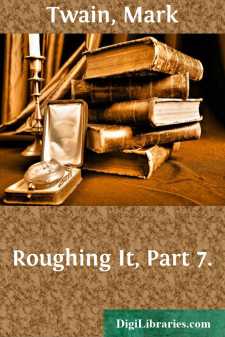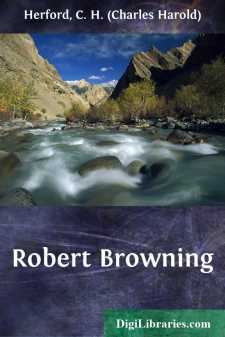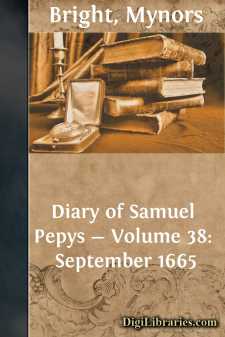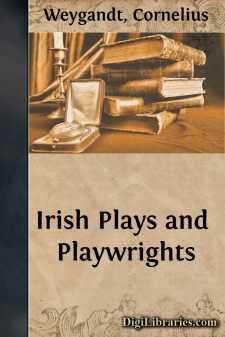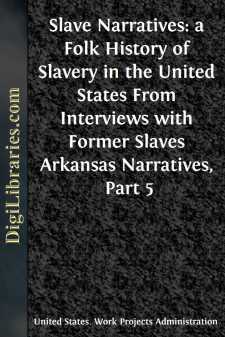Biography & Autobiography
- Adventurers & Explorers 15
- Artists, Architects, Photographers 16
- Business 2
- Composers & Musicians 14
- Criminals & Outlaws 5
- Editors, Journalists, Publishers 6
- Educators 1
- Entertainment & Performing Arts 3
- General 74
- Health, Exercise & Fitness 1
- Historians 3
- Historical 83
- Law Enforcement 1
- Lawyers & Judges 3
- Literary 147
- Medical 7
- Military 48
- Naturalists, Gardeners, Environmentalists 8
- Personal Memoirs & Diaries 227
- Philosophers 3
- Political 9
- Presidents & Heads of State 38
- Religious 38
- Rich & Famous 27
- Scientists 13
- Women 31
Biography & Autobiography Books
Sort by:
I. FIRST MEMORIES My father's ancestors were the Shaws of Rothiemurchus, in Scotland, and the ruins of their castle may still be seen on the island of Loch-an-Eilan, in the northern Highlands. It was never the picturesque castle of song and story, this home of the fighting Shaws, but an austere fortress, probably built in Roman times; and even to-day the crumbling walls which alone are left of it...
more...
by:
Edmund Gosse
CHAPTER I. YOUTH. Walter Raleigh was born, so Camden and an anonymous astrologer combine to assure us, in 1552. The place was Hayes Barton, a farmstead in the parish of East Budleigh, in Devonshire, then belonging to his father; it passed out of the family, and in 1584 Sir Walter attempted to buy it back. 'For the natural disposition I have to the place, being born in that house, I had rather seat...
more...
JAMES FENIMORE COOPER The light of this world fell on James Fenimore Cooper September 15, 1789. The founder of American romance was born in a quaint, two-storied house of stuccoed brick which now numbers 457 Main St., Burlington, New Jersey. It was then "the last house but one as you go into the country" and among the best of the town. In a like house next door lived the father of the...
more...
by:
Mark Twain
CHAPTER LXI. One of my comrades there—another of those victims of eighteen years of unrequited toil and blighted hopes—was one of the gentlest spirits that ever bore its patient cross in a weary exile: grave and simple Dick Baker, pocket-miner of Dead-House Gulch.—He was forty-six, gray as a rat, earnest, thoughtful, slenderly educated, slouchily dressed and clay- soiled, but his heart was finer...
more...
CHAPTER I. EARLY LIFE. PARACELSUS. The Boy sprang up ... and ran,Stung by the splendour of a sudden thought.— A Death in the Desert. Dass ich erkenne, was die WeltIm Innersten zusammenhält.— Faust. Judged by his cosmopolitan sympathies and his encyclopædic knowledge, by the scenery and the persons among whom his poetry habitually moves, Browning was one of the least insular of English...
more...
by:
Mynors Bright
DIARY OF SAMUEL PEPYS. SEPTEMBER 1665 September 1st. Up, and to visit my Lady Pen and her daughter at the Ropeyarde where I did breakfast with them and sat chatting a good while. Then to my lodging at Mr. Shelden's,...
more...
by:
George Thompson
In which the author defineth his position. It having become the fashion of distinguished novelists to write their own lives—or, in other words, to blow their own trumpets,—the author of these pages is induced, at the solicitation of numerous friends, whose bumps of inquisitiveness are strongly developed, to present his auto-biography to the public—in so doing which, he but follows the example of...
more...
Chapter I To the general reader the Celtic Renaissance was a surprise, and even to Irish writers deeply interested in their country the phenomenon or movement, call it which you will, was not appreciated as of much significance at its beginning. Writing in 1892, Miss Jane Barlow was not hopeful for the immediate future of English literature in Ireland;—it seemed to her "difficult to point out any...
more...
by:
Rene Doumic
I AURORE DUPINPSYCHOLOGY OF A DAUGHTER OF ROUSSEAUIn the whole of French literary history, there is, perhaps, no subject of such inexhaustible and modern interest as that of George Sand. Of what use is literary history? It is not only a kind of museum, in which a few masterpieces are preserved for the pleasure of beholders. It is this certainly, but it is still more than this. Fine books are, before...
more...
Interviewer: Mrs. Bernice BowdenPerson interviewed: Lizzie McCloud 1203 Short 13th Street, Pine Bluff, ArkansasAge: 120? "I was one of 'em bless your heart. Yes ma'm, Yes ma'm, I wouldn't tell you a lie 'bout that. If I can't tell you the truth I'm not goin' tell you nothin'! "Oh yes, I was a young lady in slavery times—bred and born in...
more...


